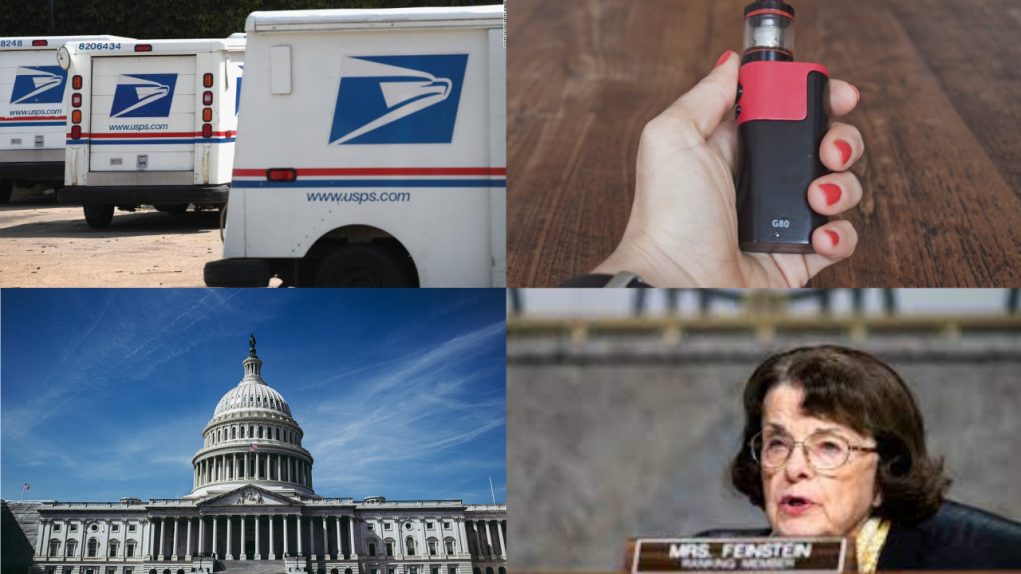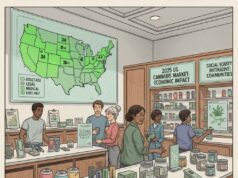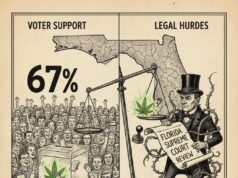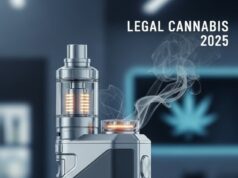We saw this coming ahead of time, but it wasn’t until the law’s deadline arrived that the vaping industry started to panic. Briefly, there seems to be a Federal law banning ALL vaping products from being sent through the mail. However, the language of this wording is so broad that you could interpret it several ways.
We’re seeing many conflicting reports and interpretations about this ban. We will try to sort them out below:

Preventing Online Sales of E-Cigarettes to Children Act (2020)
The original bill was introduced by Senators Dianne Feinstein (D-Calif.) and John Cornyn (R-Texas). The bill was passed on December 21st, 2020, and was scheduled to go into effect April 27, 2021 (today as of this writing).
The Bill is presented as an amendment to the 2010 law, the Prevent All Cigarette Trafficking (PACT Act), which forbids direct sales of cigarettes to consumers through the mail. Here is the PACT Act fact sheet, and here is the text of the actual Preventing Online Sales of E-Cigarettes to Children Bill by Senator Feinstein.
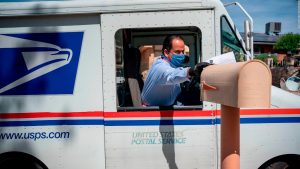
The Postal Service is Delaying Implementation
There are huge issues with the way this bill is being interpreted. So much so that the US Postal Service has delayed implementing the bill because they’re frankly stumped at how to interpret it. The law also applies to FedEx and UPS, which has already said, quote, “they will follow the U.S. Postal Service’s directive and won’t ship vaping products.”
The USPS published a memo in the Federal Register to try to make a clear statement about their intended direction. In that memo, they specify “electronic nicotine delivery systems (ENDS),” and include details for an exception application process where companies can apply to claim their product as an exception. On the other hand, this is a sheet of impenetrable bureaucratic gobbledegook which leads off with a few sections about “alien physicians” (foreign-born medical students, not doctors from space). The upside here is that it seems to allow exceptions for both CBD and, possibly, some THC products!
At the same time, the exception approval process has the potential to be a bureaucratic backlog. HempToday quotes: “The Postal Service anticipates receiving ENDS-related applications at a rate several orders of magnitude above the historic norm.” The backlog to approving each individual product one at a time could be the actual ban, effectively delaying all products off the market.
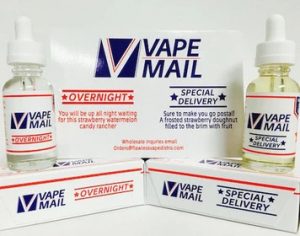
Interpretation #1: The Law Doesn’t Ban Anything At All?
As we read it, the original PACT Act mandates that sellers of tobacco products:
-
- Pay all applicable taxes (don’t they have to do this anyway?)
-
- Comply with local laws pertaining to where the seller is located (they do this already, e.g., can’t buy Delta 8 through the mail in restricted states)
-
- Register with the state and make periodic reports to state tax collectors
-
- Verify adult ID both at time of purchase and upon delivery (is this really impossible?)
The new act simply extends PACT to cover vaping-related products. As the information sheet at Feinstein’s own website says, the bill merely requires online e-cigarette retailers to:
-
- Verify the age of customers for all purchases
-
- Require an adult with ID to be present for delivery
-
- Label shipping packages to show they contain tobacco products
-
- Comply with all state and local tobacco tax requirements
Again, none of these constitute a “ban” as we read it. We already take such precautions for other mail-order adult-only purchases. The USPS has standards in place for cases where you have to show ID to pick up a delivery.

Interpretation #2: The Law Bans Everything in the Universe?
The PACT Act revisions are extended to cover a range of things detailed as “e-cigarettes, e-hookahs, e-cigars, vape pens, advanced refillable personal vaporizers, or an electronic pipe,” plus “any component, liquid, part, or accessory” of these devices. The language is both wonkily out of touch – what the hell is an “e-hookah”? – and so broad that you could probably apply it to a prescription asthma inhaler. No really:
> “any electronic device that, through an aerosolized solution, delivers nicotine, flavor, or any other substance to the user inhaling from the device.”
That “ANY substance” part is the kind of language that makes government regulation implementation fall apart. Air fresheners? Incense? Aromatherapy? Sinus spray? You could go on all day. We’re surprised the whole post office isn’t shut down.
There is a provision in the bill exempting products which are FDA-approved for “any other therapeutic purpose,” but that’s almost null and void anyway because the FDA doesn’t currently approve anything cannabis-related except for a narrow range of prescription products. The FDA doesn’t approve vitamins and baby formula; you can forget vaping stuff.
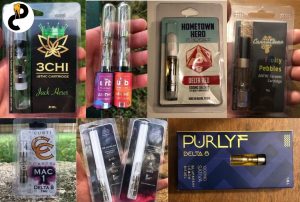
Interpretation #3: The Law Applies to CBD and Delta 8 Products
Even though hemp-derived products are legalized by the Farm Bill as long as they contain less than 0.3% THC, this ban is said by some to apply to CBD and Delta 8 vaping devices. Vaping360 asserts:
> “The postal ban and PACT Act provisions will include all e-liquid and oil vaping devices, nicotine and nicotine-free e-liquids, CBD and delta 8 carts, liquids and oils, and every related component, part or accessory intended for those products.”
Perhaps the authors there are taking a broad interpretation and hyping the panic just a tad. Particularly, small retailers are said to be up in arms about this legislation, because even though the regulations still permit operation, most small businesses can’t operate under such a burden of red tape and still make a profit.
Again we have the fog of uncertainty over government intent. From the Postal Service memo to Diane Feinstein’s bill, we see constant confusion between tobacco, nicotine, THC, CBD, Delta 8, and even any plain old inhaled thing. You have to find and question each author to discover if they intended to single out CBD or they’re just too out of the loop to understand the concept that not all inhaled products are for ingesting tobacco. I’d be willing to bet that if you took a poll of Congress today, there would be several members who thought CBD comes from tobacco.
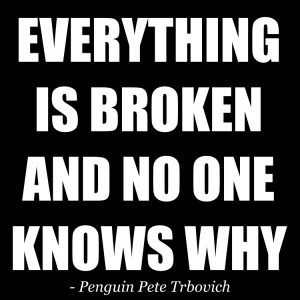
Potential Fall-Out?
For one thing, this might hopefully cut off some of the criminal end of the vape industry, both the vape scam sites and the black market vape cart packaging pipeline. However, given that several laws against these criminal elements already exist and they’re still available on every street corner, one more law might not even slow them down.
In fact, the legit, licensed, and responsible retailers and manufacturers of these products might be hardest hit. This could have a blowback effect of driving even more people to the black market, making an already crisis situation that much worse.
Delta 8 and CBD forums all over the web are practically frantic with the news. Bear in mind, many users need hemp derivatives for both medically-approved treatment and personal therapy reasons. A bill aimed originally at preventing children from smoking tobacco (with the reasoning that it increases their risk of COVID, no less!) is now threatening the entire inhaled product industry.
For one more possible wrinkle: This could also speed the adoption of legalization for brick-and-mortar dispensaries in the states. All federal laws applying to USPS don’t apply when it comes to B2B industrial shipping.
Bottom line take-away:
If you depend on these products and have a legit channel to acquire them, buy them while you still can. Or maybe not; we’ve seen overarching draconian legislation fail before because it was impossible to implement. This particular logjam was signed during the Trump administration, after all.
Readers… Uh, say things? Maybe in the comments below, maybe in the forum? Knock yourselves out. We’re going to go lie down for a while.


